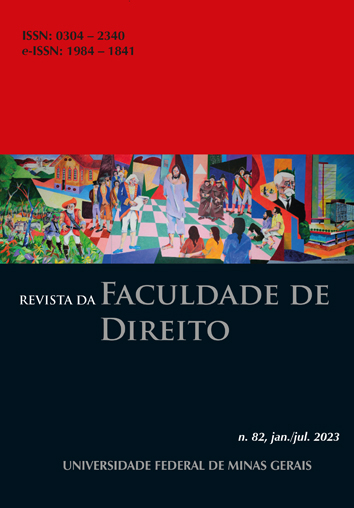SUBJECTIVE SCOPE OF THE FEDERAL AUDIT COURT IN TAX INCENTIVES CONTROL
DOI:
https://doi.org/10.12818/P.0304-2340.2023v82p139Abstract
The article addresses the subjective scope of the Federal Audit Court (TCU) in the control of tax incentive programs. The research question asks which agents are submitted to the competence of the TCU in the control of these programs. As hypothesis, It considers that TCU’s primary target is the figure responsible for managing tax incentive programs. In the first, it seeks to interpret the norms that govern TCU’s activity in the Federal Constitution. In the second, it reconstructs the figure of the responsible public agent as the primary recipient of control. In the last one, it analyzes the possibility of submitting taxpayers to the supervisory and sanctioning powers of the court of accounts. It concludes that the TCU’s competence extends to agents responsible for the management of public goods and resources. In tax incentives, those responsible would be the public agents who were assigned responsibility for managing the program. Beneficiary taxpayers could only be reached as interested third parties, given the non-compliance with legal requirements in conditional incentives. It is the result of a qualitative research, of an exploratorydogmatic nature, carried out from the analysis of the Constitution and federal statues, interpreted from doctrinal comments, with recourse to the jurisprudence of the Federal Supreme Court for the reconstruction of the semantic field of the constitutional provisions, and of the Federal Court of Auditors, to understand how the body interprets its own competence.



